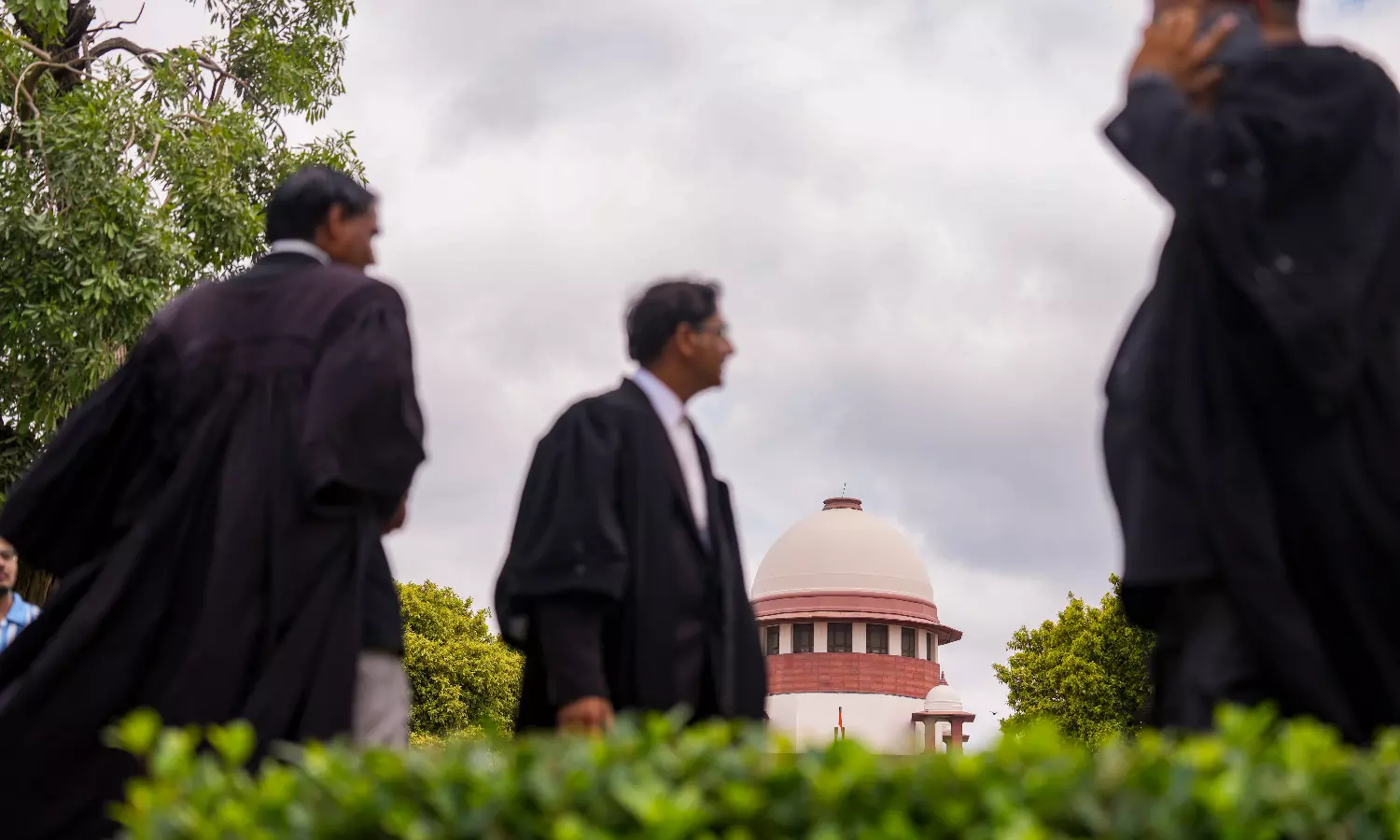SC: Delhi L-G has power to nominate aldermen to MCD

New Delhi: In a major setback to the AAP-led Delhi government, the Supreme Court on Monday ruled that the law “expressly enables” the lieutenant-governor to nominate aldermen to the MCD on his own, without needing the advice of the council of ministers.
A bench of Chief Justice D.Y. Chandrachud and Justices P.S. Narasimha and J.B. Pardiwala rejected the Delhi government’s plea challenging the L-G’s power to nominate 10 aldermen in the Municipal Corporation of Delhi without the aid and advice of the council of ministers.
The apex court pronounced verdict on the Delhi government’s plea after reserving it for nearly 15 months. In its ruling which impacts the fraught relationship between the L-G’s office and the AAP-led Delhi government, the bench said the Delhi Municipal Corporation Act as amended in 1993 “expressly enables the L-G to nominate persons having special knowledge to the corporation”.
The top court said the power expressed by the statute in the name of the L-G, also seen in the context of other provisions, demonstrates the statutory scheme in which the powers and duties are distributed among authorities under the law.
Reacting to the verdict, AAP Rajya Sabha MP Sanjay Singh said: “This is a big blow to India’s democracy. By bypassing the elected government, you are going to give all the powers to the lieutenant-governor, so that the L-G can run Delhi. This is not good for democracy and the Constitution of India. We respectfully disagree with the decision of the Supreme Court.” The decision is “unfortunate” and “against the spirit of democracy”, he added.
Welcoming the verdict, Delhi BJP chief Virendra Sachdeva said: “Sanjay Singh’s reaction to the decision is a sign of his frustration and Naxal ideology and we strongly condemn his statement.”
He said the system of aldermen has been in place for many years and the AAP has been continuously trying to undermine the constitutional rights of the L-G.
South Delhi MP Ramvir Singh Bidhuri said the decision was a slap on the AAP government’s face as the AAP has paralysed the MCD for 20 months, causing great suffering to the people of Delhi.
While pronouncing the verdict on behalf of the bench, Justice Narasimha said: “The text of Section 3(3)(b) as amended in 1993 expressly enables the L-G to nominate persons having special knowledge to the corporation. The context in which the power is located confirms that the L-G is intended to act as per the mandate of the statute and not guided by the aid and advice of the council of ministers. The power to be exercised is the statutory duty of the L-G and not the executive power of the state. This is how we analysed the constitutional provisions.”
The apex court said: “The statutory power under Section 3(3)(b)(i) to nominate persons of special knowledge was vested in the lieutenant-governor for the first time by the 1993 amendment of the DMC Act 1957 to incorporate constitutional changes brought through Article 239AA and the introduction of Part IX related to municipalities. The power to nominate is therefore not a vestige of the past or the power of administrator that is continuing by default. It is made to incorporate the changes in the constitutional structure.”
The top court ruled that the Delhi Municipal Corporation Act as amended in 1993 “expressly enables the L-G to nominate persons having special knowledge to the corporation". The power expressed by the statute in the name of the L-G, also seen in the context of other provisions, demonstrates the statutory scheme in which the powers and duties are distributed among the authorities under the Act, the bench said.

